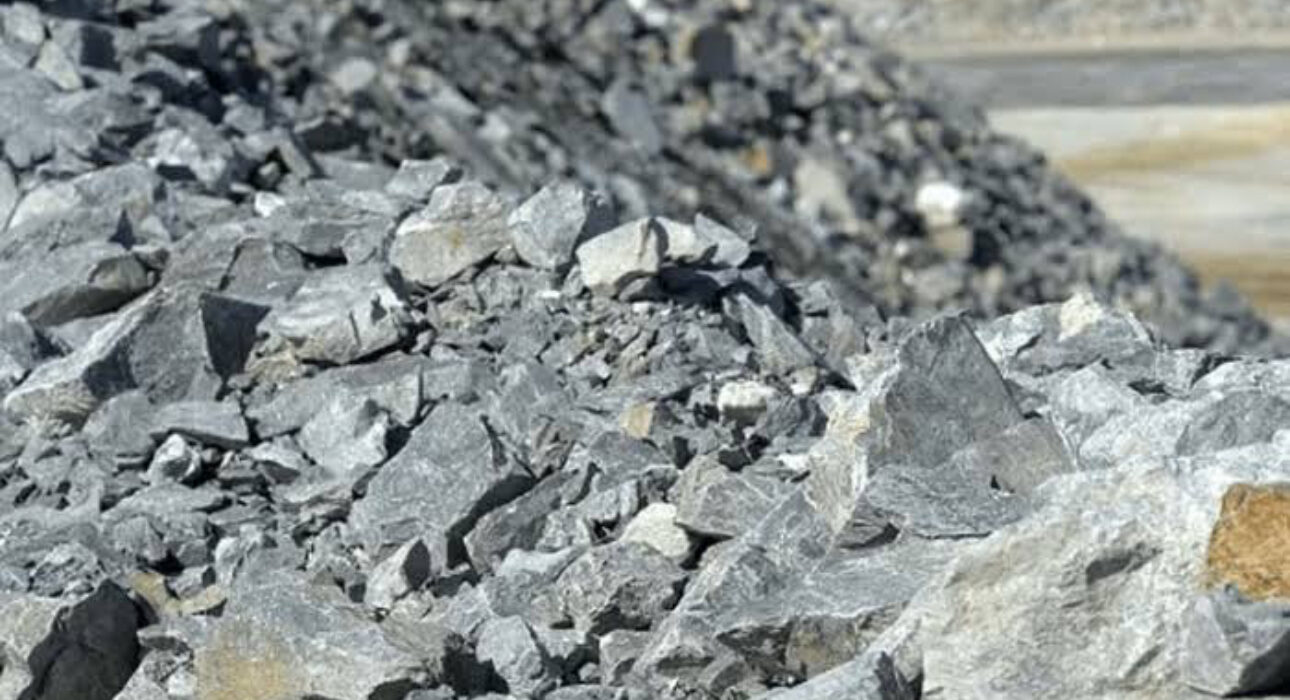Nigeria’s Lithium Reserves Spark Global Interest Amid Exaggerated $12 Trillion Claim

Reports have circulated in recent weeks claiming that Nigeria has discovered lithium deposits valued at $12 trillion.
However, findings from credible sources suggest that the figure is a significant exaggeration. Industry experts and government data put the actual worth of the country’s lithium resources at far lower levels, though still substantial enough to attract strong global interest.
According to BusinessDay, Nigeria’s lithium reserves are estimated at about $34 billion, while the Ministry of Solid Minerals places the total value of all mineral resources—including gold, iron ore, and others—at approximately $750 billion. This discrepancy highlights how overstated the trillion-dollar figure may be, even though the nation’s mineral wealth remains immense.
Lithium deposits have been confirmed in several states including Nasarawa, Kogi, Kwara, Ekiti, Cross River, Kaduna, Plateau, Ogun, and Osun. More than 3,000 pegmatite bodies containing lithium have been identified, positioning Nigeria as an emerging player in the global clean energy supply chain.
The mineral is in high demand worldwide for its central role in producing batteries for electric vehicles, renewable energy storage, and mobile technology.
In response to the rising interest, the Nigerian government has adopted policies that discourage the export of raw lithium. Mining licenses now require value addition, meaning that extracted lithium must be processed locally. Four major processing plants are currently under development, with a combined investment of over $800 million.
These include a $600 million facility near Kaduna and Niger states, a $200 million plant in Abuja, and two more projects in Nasarawa State.
While international investors are pouring resources into the sector, concerns remain about local participation. Investigations show that foreign companies control over 90 percent of lithium projects, leaving Nigerians with only minimal stakes. This imbalance has fueled debate over whether the economic benefits of the lithium boom will reach local communities or remain concentrated in foreign hands.
The government has committed over ₦1 trillion to support mineral exploration and insists that its policies will ensure Nigeria captures more value from its resources. Stakeholders, however, stress the importance of transparency, fair ownership structures, and community development if the country is to avoid the pitfalls of past resource exploitation.
Although the talk of a $12 trillion discovery appears misleading, Nigeria’s lithium deposits still represent a transformative opportunity. If effectively managed, the reserves could strengthen government revenue, create jobs, and position the nation as a key hub in the global energy transition.









